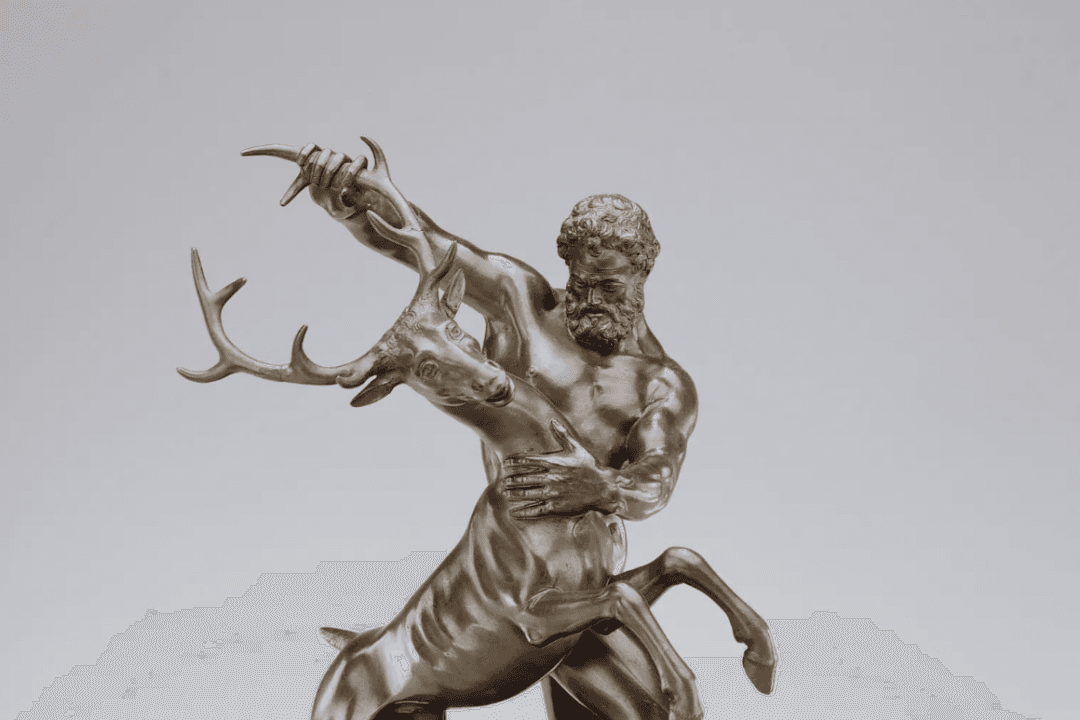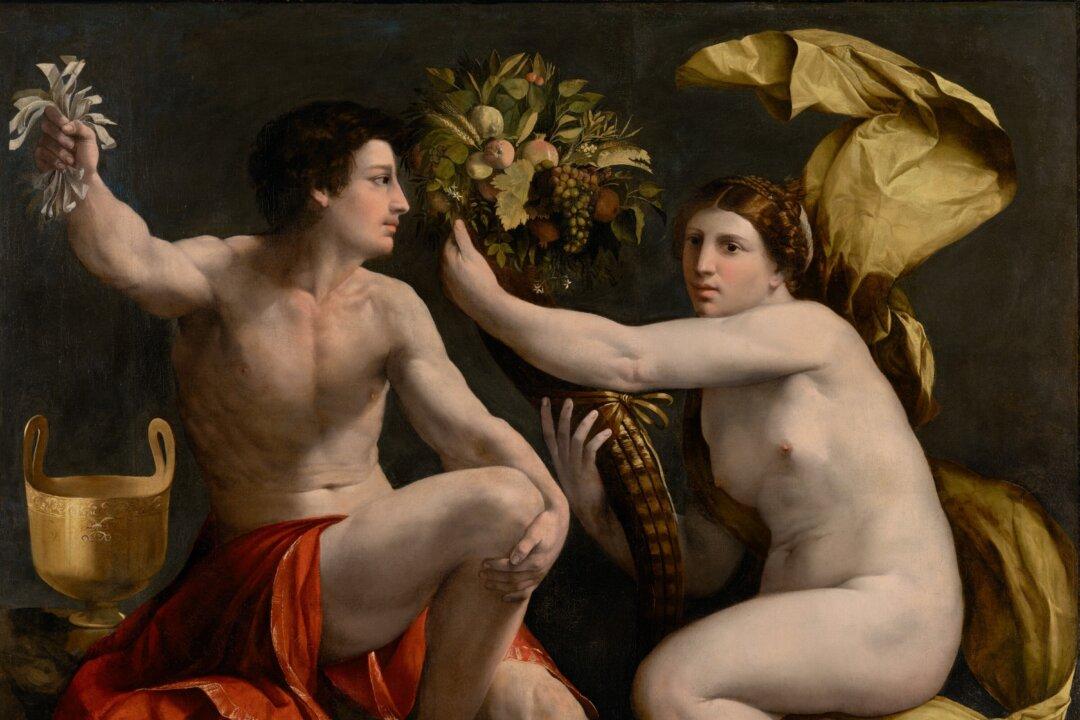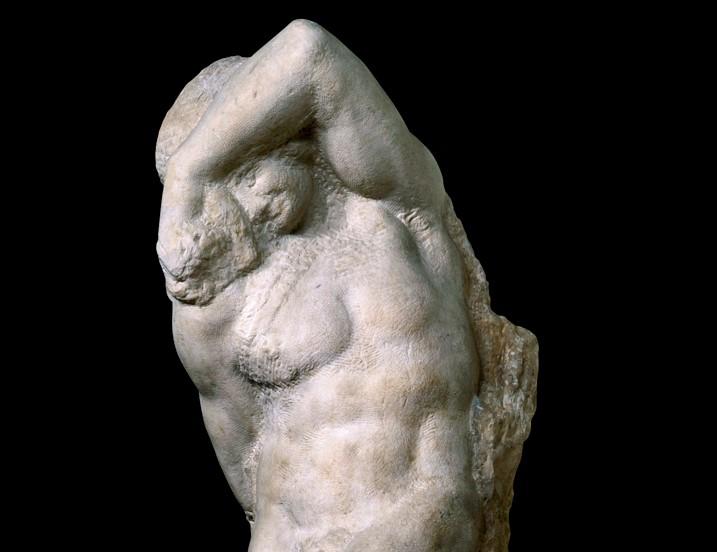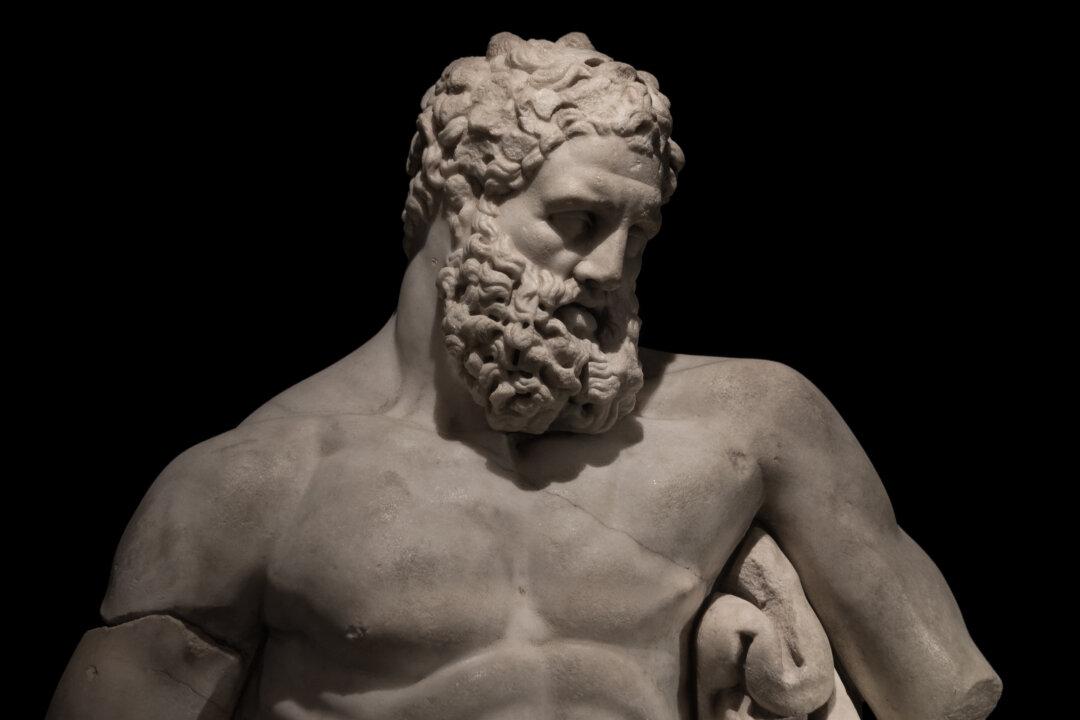In the previous article of this series, Hercules completed a daunting second task: He slayed a nine-headed water monster called the Hydra. Now, King Eurystheus mandates that he complete a third labor: to capture the Ceryneian Hind, also known as the Arcadian Stag.
How might we view our own Herculean tasks in light of the insight and wisdom Hercules gains from his third labor?





